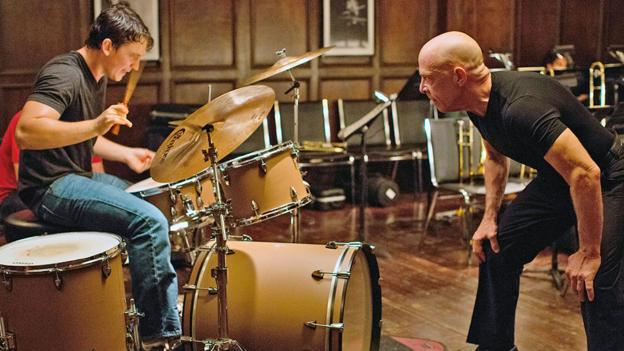It’s a commonplace that great art comes from great suffering. The recent Oscar-winning movie Whiplash may have shocked audiences unacquainted with the tyranny of an elite musical education, but for those schooled in such rigours, it had a distinctly familiar beat; sometimes uncomfortably so. The scenes of Miles Teller’s character Andrew plunging his bruised and bleeding fingers into buckets of ice-cold water while JK Simmons’ sadistic teacher excoriated him could have been any young and fiercely determined classical instrumentalist subjecting themselves to the sort of extreme demands we usually associate with professional sports.
Classical composers have for centuries been dreaming up pieces so physically challenging they have initially been considered beyond the realm of human capability – until someone comes along and exerts such superhuman effort that they raise the bar for everyone else. Back in 1878, Pyotr Ilyich Tchaikovsky wrote a violin concerto in D major after a disastrous three-week-long marriage and subsequent suicide attempt. It was apparently declared "unplayable" by Leopold Auer to whom the work was originally dedicated. As the Czar’s court violinist, Auer was undoubtedly the hot-shot fiddle player of his day, but even he could not get even his nimble fingers around the quicksilver passages of the concerto’s first and third movements.
It was to be another three years before the violinist Adolf Brodksy finally nailed it, giving what must have been a thrilling premiere in Vienna in December 1881 (at which the influential critic Eduard Hanslick wrote that "the violin was not played but beaten black and blue".) These days, while it is still considered one of the most technically demanding concertos around, the Tchaikovsky is a standard favourite with performers and audiences alike. No serious professional violinist could afford to leave it out of their repertoire.








0 comments:
Post a Comment